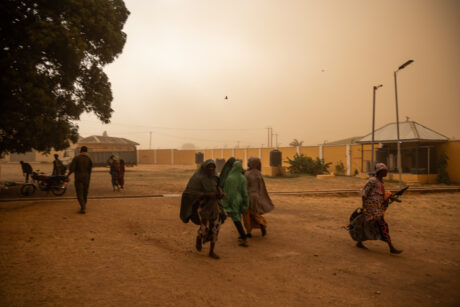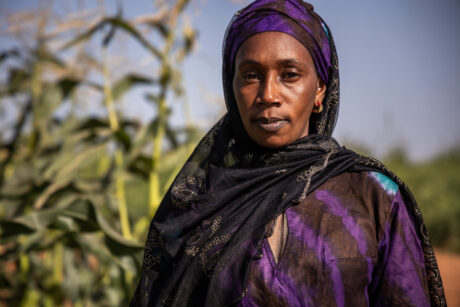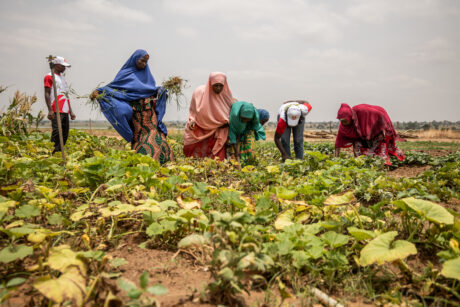President Biden is hosting the U.S.-Africa Leaders Summit in mid-December to demonstrate the United States’ enduring commitment to Africa, underscoring the importance of U.S.-Africa relations and increased cooperation on shared global priorities.
“Africa will shape the future — not just the future of the African people, but of the world. Africa will make the difference in tackling the most urgent challenges and seizing the opportunities we all face,” said the State Department in its event announcement.
Africa has gone through major social, economic and political transformations in the last 25 years. These changes are accentuated by rapid demographic shifts, globalization, the emergence of new technologies and networks and the rising expectations of a predominantly young population.
As leaders from across Africa join President Biden in Washington, it worth considering how development factors into the shared goals the summit will explore.
The role of the U.S. in Africa’s sustained growth and development
This summit is an opportunity to embrace partnership. Partnership is not about being domineering or dictating terms because you are in control of resources. It is about working together in the spirit of equality, mutual respect and reciprocity. I hope the U.S.-Africa Leaders Summit will use this as its main tenet.
The U.S. Agency for International Development’s recent policy on localization is a step in the right direction. Locally led development allows local actors to frame their developmental agendas, develop solutions, and bring the capacity, leadership, and resources to make those solutions a sustainable reality.
Ideally, the U.S. Administration could take this to the next level of partnership by fostering new economic engagement and advancing good governance to hold governments accountable of their own development aspirations.
Africa’s development hinges upon the strength and robustness of the private sector. Africa can graduate from aid recipient to global player through mutually beneficial commercial partnerships. Powerful economies like the U.S. can promote attractive investment ventures in Africa and host governments can create a favorable environment for investment partnership.
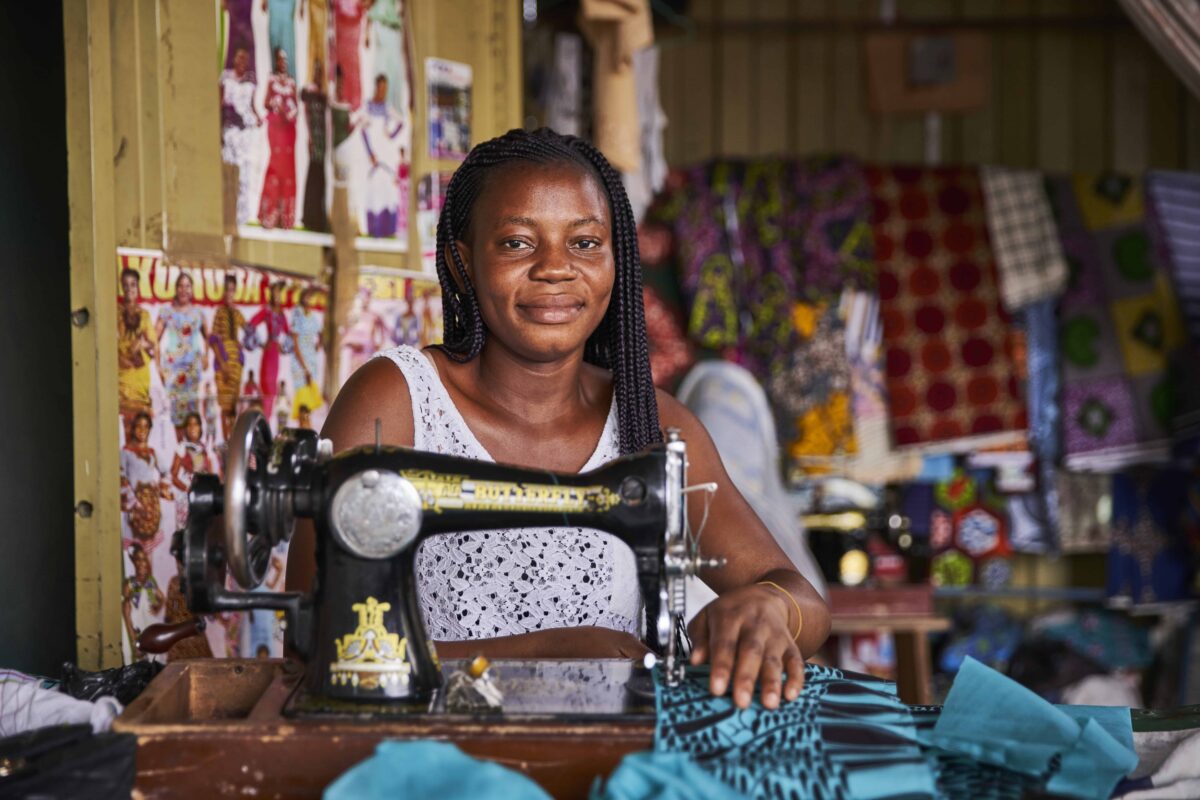
Africa’s assets for rapid growth
Africa is at an exciting point in its development, and it is full of assets that provide fertile ground for rapid growth.
The continent is rich in natural resources and has a young, vibrant population. The continent has seen expanded internet access, affordable mobile connections and the growing use of social media. Mobility across the globe and increased inclusion in international finance have provided opportunities for exposure and learning exchanges.
African people are increasingly participating in the growth agenda through an emerging vibrant civic society and other non-state organizations. African governments are no longer the sole actors in framing the development agenda.
NGOs, the business community, civic societies, religious institutions, individual champions of peace, philanthropic organizations, renowned leaders in the art and music communities, and academic and research institutions, among others, have made themselves heard and have seen their ideas put into action.
Challenges for Africa’s growth
While Africa is well-poised for growth, there are still barriers to the region achieving its full potential.
The continent faces rising and extreme economic disparity. Authoritarian regimes stand in the way of progress. Fragile states, those experiencing ongoing conflict and those in post-conflict situations continue to demand attention across the region and challenge the development agenda.
The threat of religious extremism worsens by the day. Residents of Nigeria, Somalia, Chad, Central African Republic and Mozambique face daily disruptions to their lives. In some cases, these situations are developing into humanitarian crises characterized by loss of life and livelihood and a breakdown of social fabric and community support systems.
Despite these challenges, the resilience and ingenuity of African people gives me hope that the continent will see more growth and prosperity.
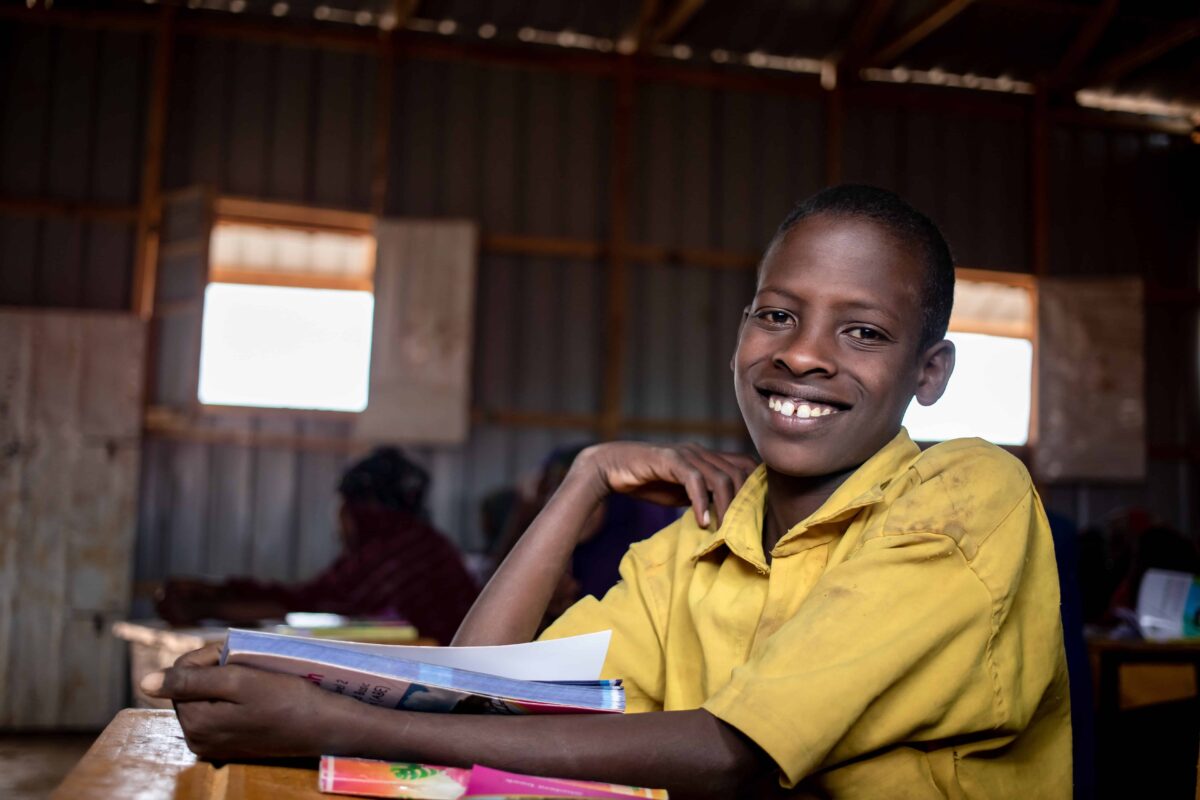
Credit: Ismail Taxta
U.S.-Africa partnership in action
The U.S. Agency for International Development is supporting Africa’s development through economic programs. The Creative-implemented West Africa Trade and Investment Hub (WATIH) project, for example, seeks to improve private sector competition in West Africa.
By working in partnership with the private sector and fostering co-investments through our Co-Investment Fund, the Trade Hub generates new private-sector capital investment in key sectors to create jobs and increase trade between the United States and West Africa.
Africa will indeed shape the future, and the partnerships we build now will help it be a prosperous future for all.
Semere Solomon is the Senior Director of the Growth Strategy Department at Creative Associates International.
